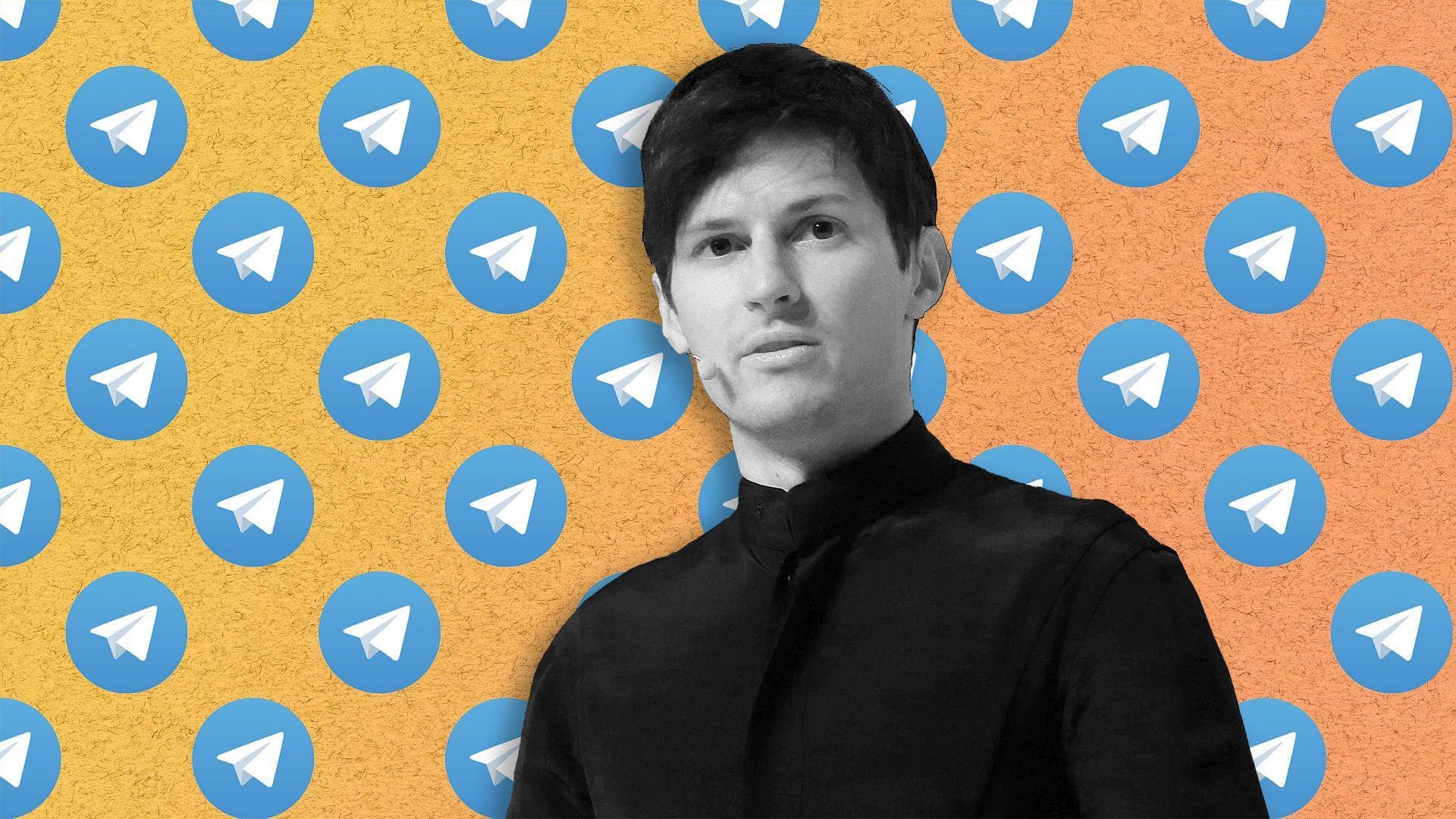
Russian minister blames Telegram's liberal content policies for Durov's arrest
What's the story
Pavel Durov, the CEO of popular messaging platform Telegram, has been criticized by Russia's Foreign Minister Sergey Lavrov for his liberal content moderation policies. Lavrov suggested that Durov's refusal to heed Western nations' advice on content moderation may have contributed to his recent legal troubles in France. The French police had arrested and charged Durov on August 30, following allegations of Telegram being used for illicit activities.
Legal proceedings
Durov's arrest and release details
Durov was apprehended at Le Bourget airport on August 24, and subsequently charged by French authorities. He has since been released on a €5 million bail but is restricted from leaving France. As part of his bail conditions, Durov is required to report to the police twice weekly. These developments come amid an investigation into allegations that Telegram was used for drug trafficking, cyber-bullying, organized crime, distribution of child sexual abuse material, and non-cooperation with French law enforcement agencies.
Ministerial comments
Lavrov's remarks and Russia's stance
In a speech at Moscow's MGIMO University, Lavrov stated, "Pavel Durov was too free. He didn't listen to Western advice on moderating his brainchild." Despite years of tension between the Kremlin and Durov, there has been a surge of support for him in Russia following his arrest. Kremlin spokesperson Dmitry Peskov expressed concerns about potential political persecution in France but acknowledged that French President Emmanuel Macron has denied any political motives behind the case.
Presidential response
Macron denies political motives behind Durov's arrest
Macron used his X account to refute claims that Durov's arrest was an infringement on free speech. He emphasized France's commitment to freedom of expression, innovation, and entrepreneurship. Macron clarified that the arrest was part of an ongoing judicial investigation and not a political decision. He further stated that it is up to the judiciary, in full independence, to enforce the law both on social media platforms and in real life.